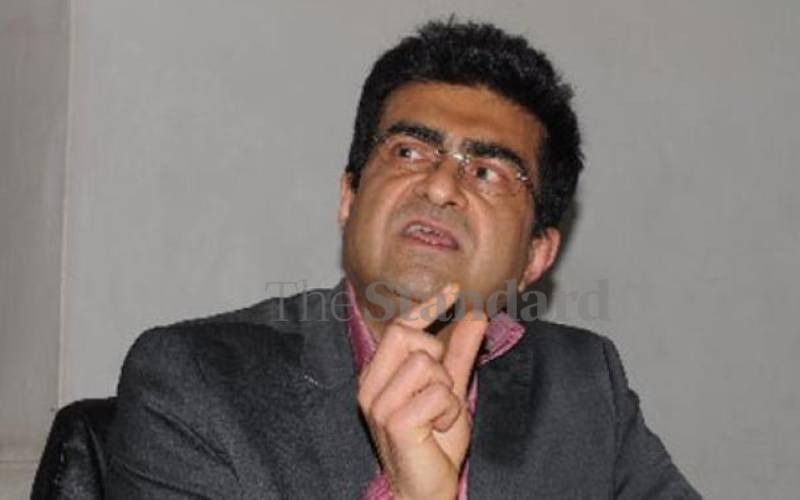×
The Standard e-Paper
Fearless, Trusted News

Kenyan tycoon Kamlesh Pattni accused of being the architect of a scandal that nearly ruined the economy has been implicated in a similar scandal in Zimbabwe.
Pattni, who was behind the Goldenberg International firm allegedly used in the 1990s to siphon an estimated $1 billion (Sh130 billion) from the Central Bank of Kenya (CBK), was last week cited as the mastermind of a similar gold smuggling scandal.